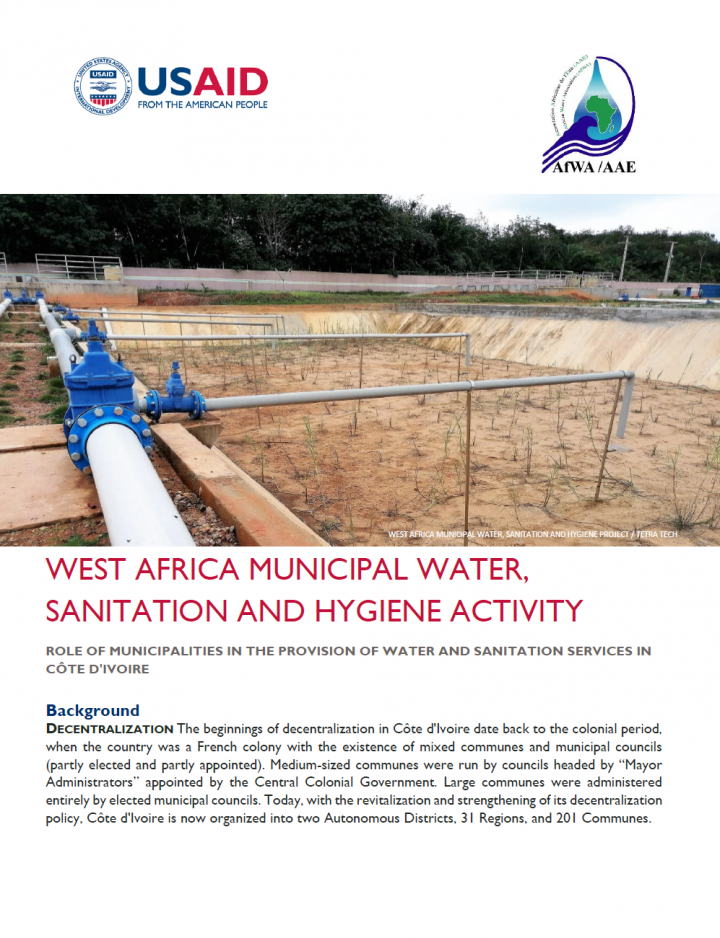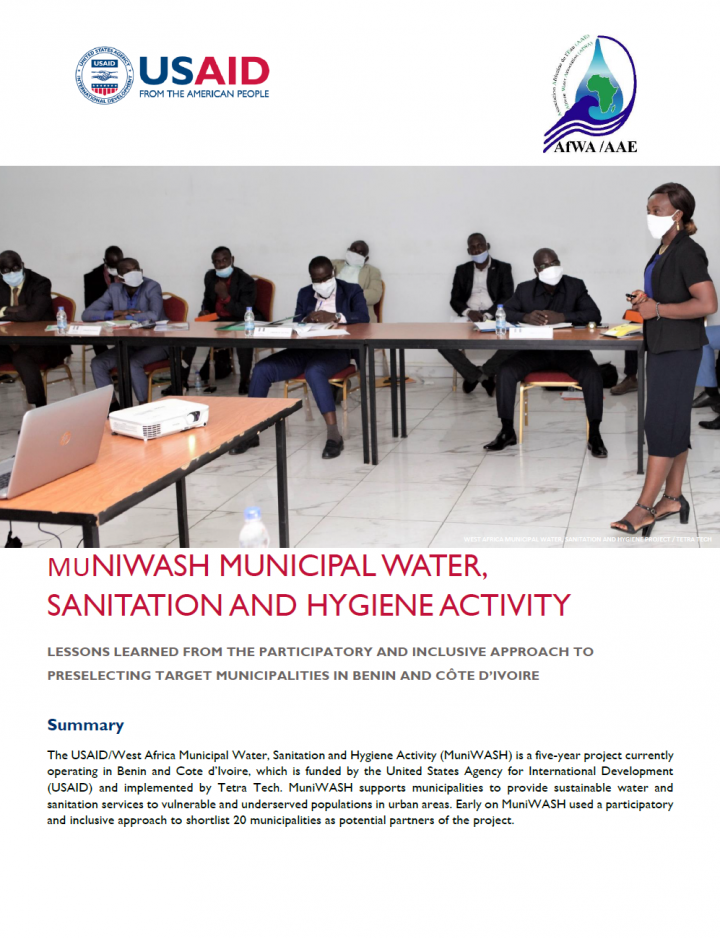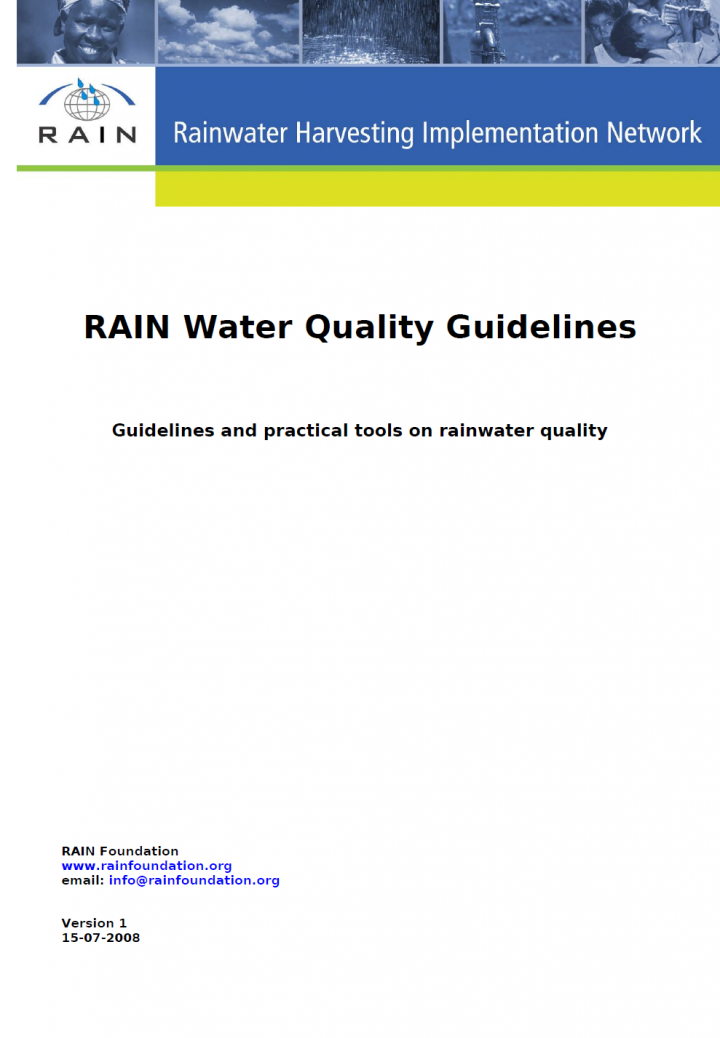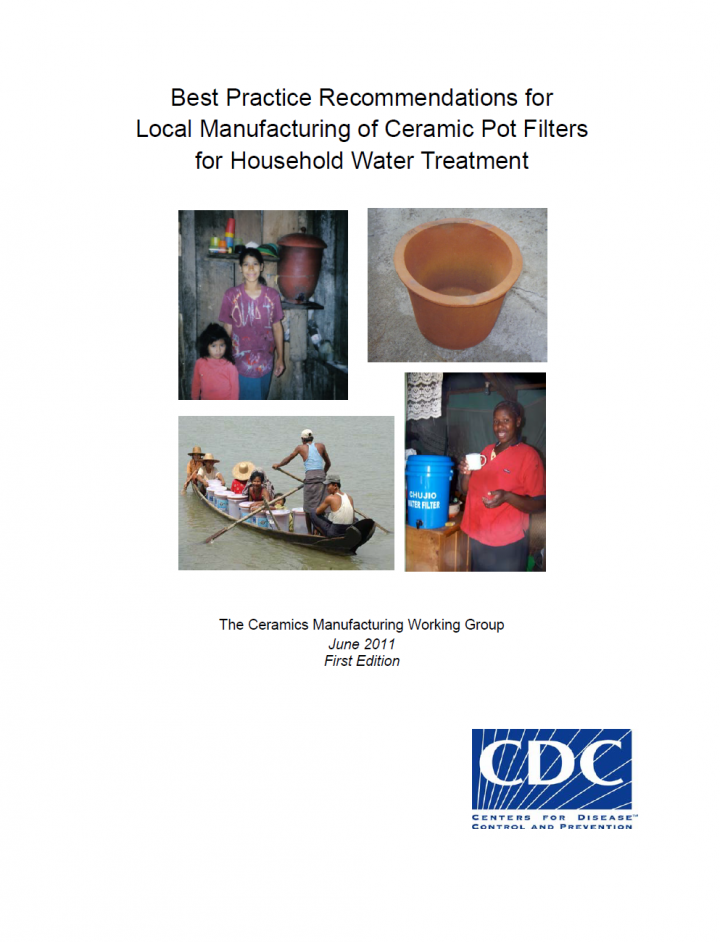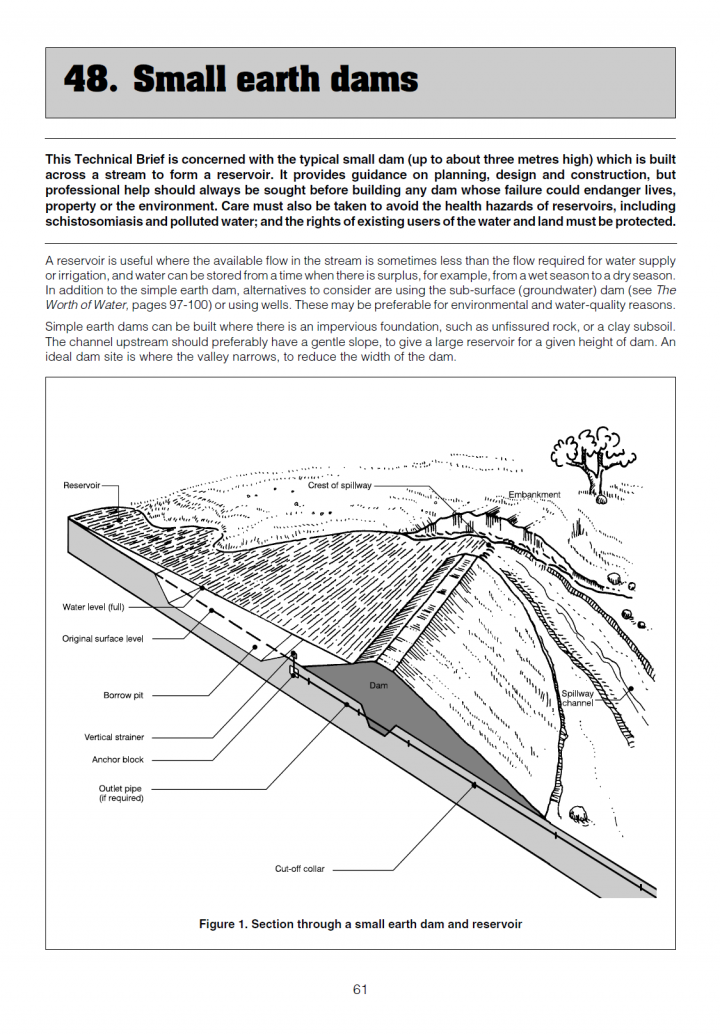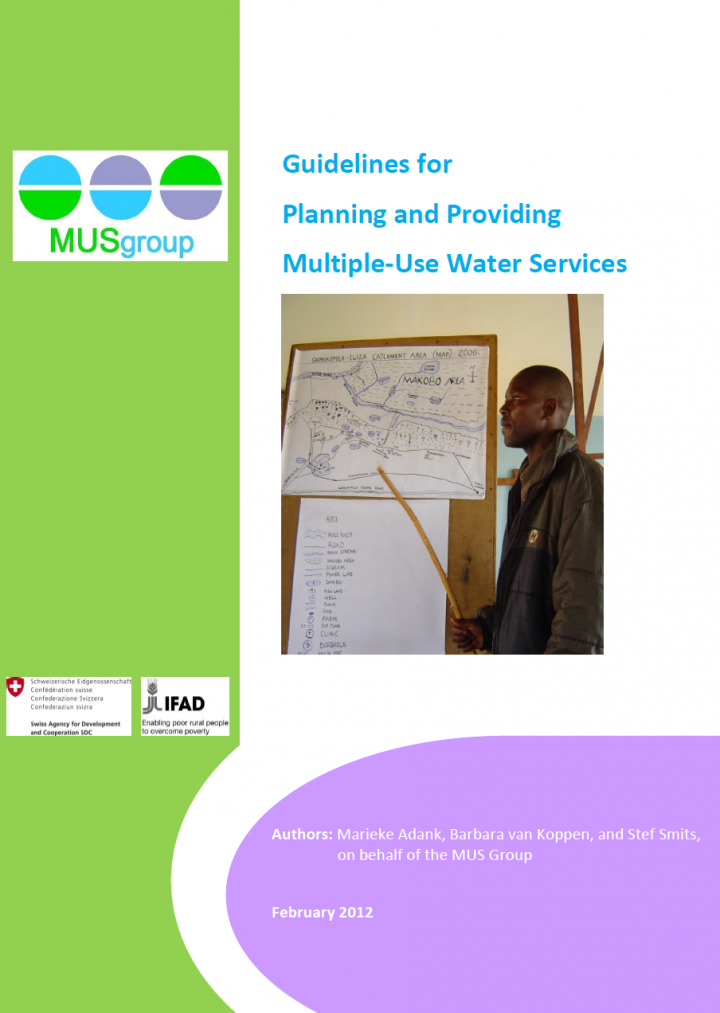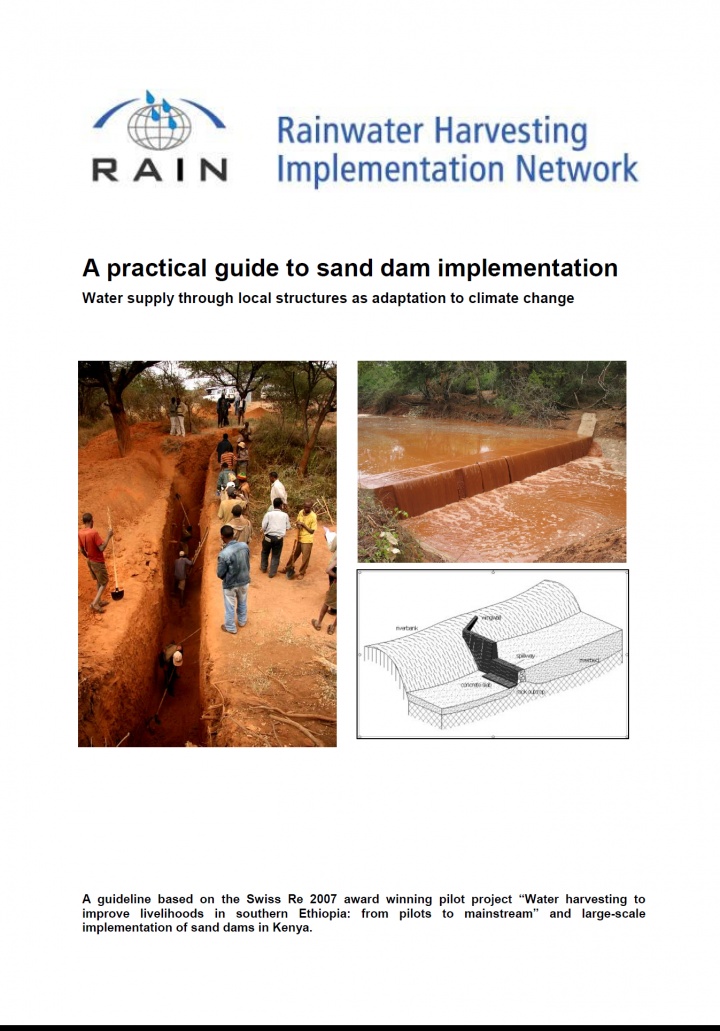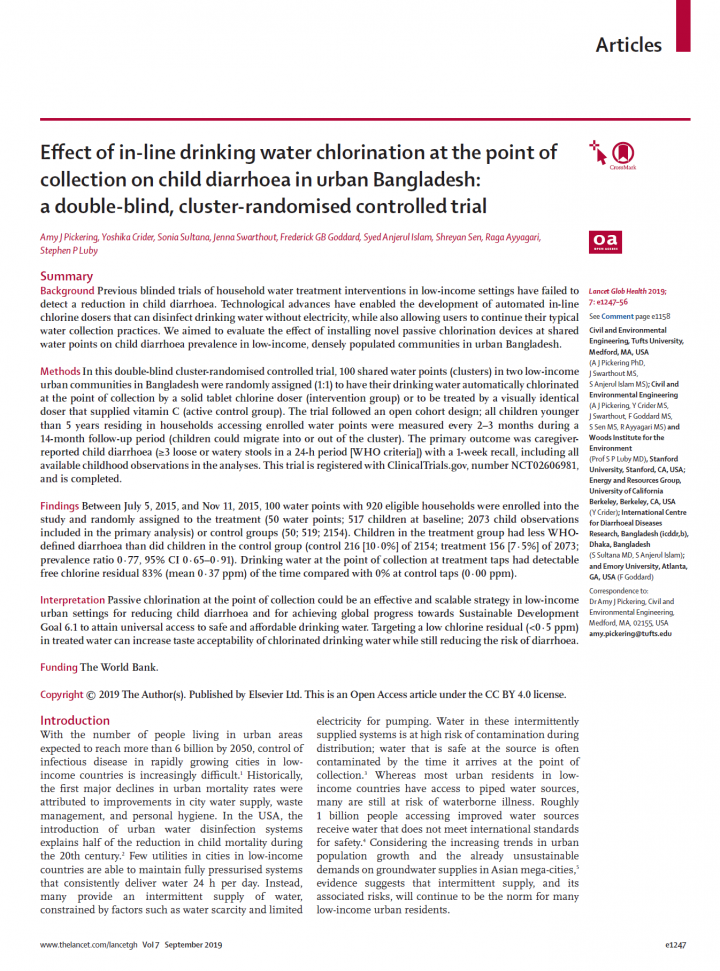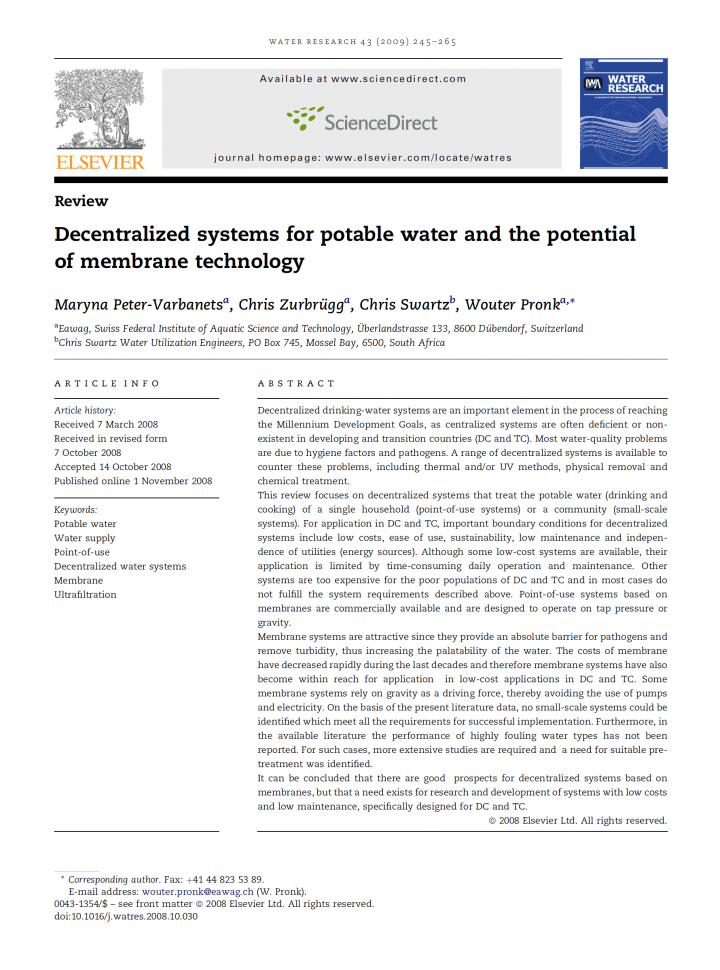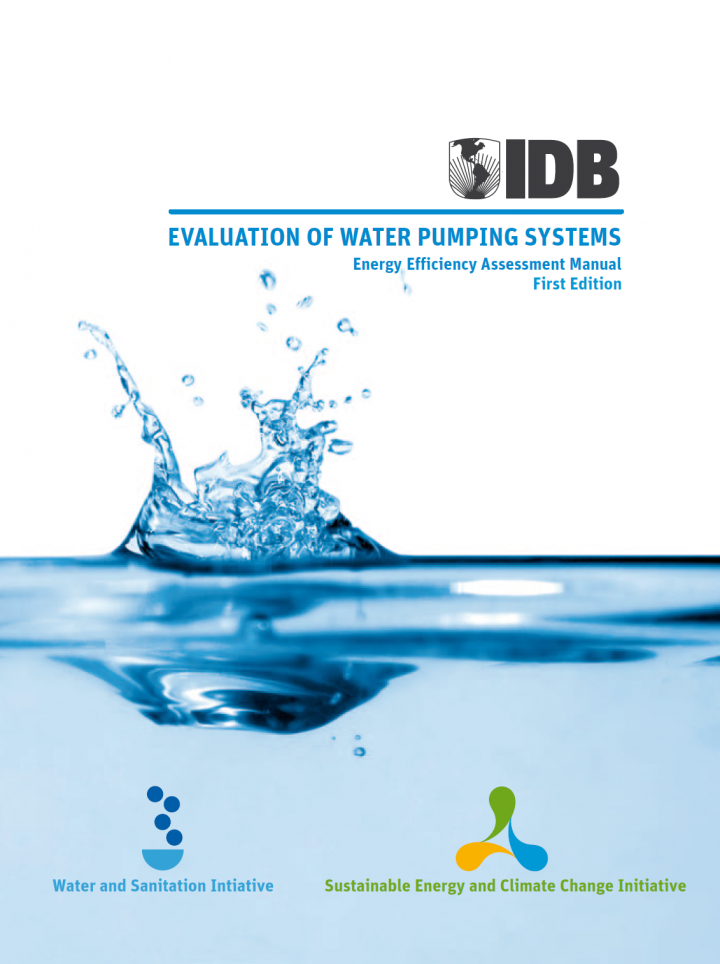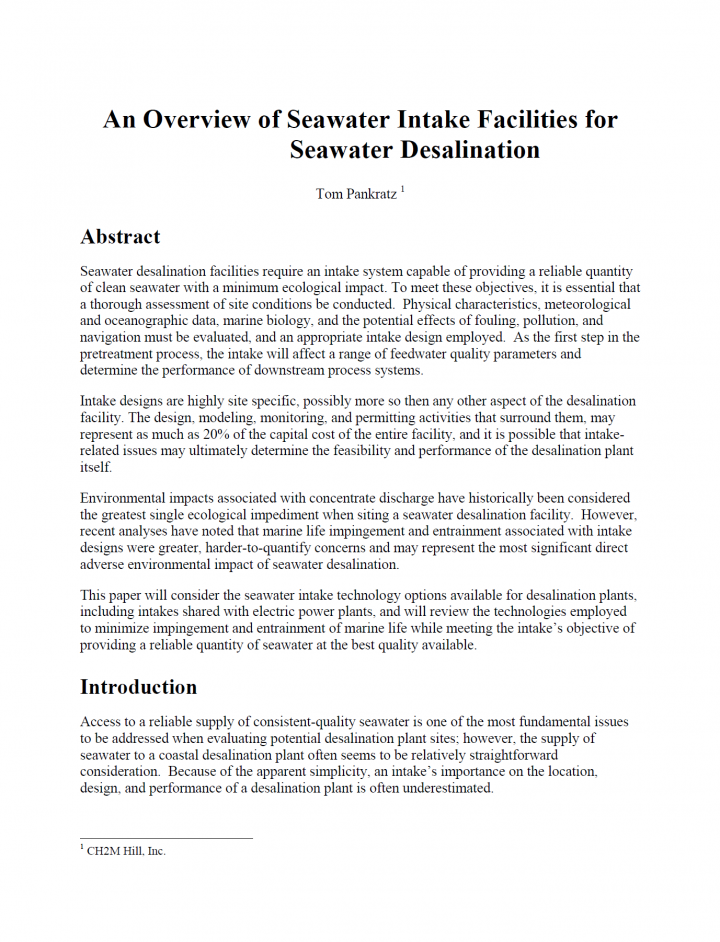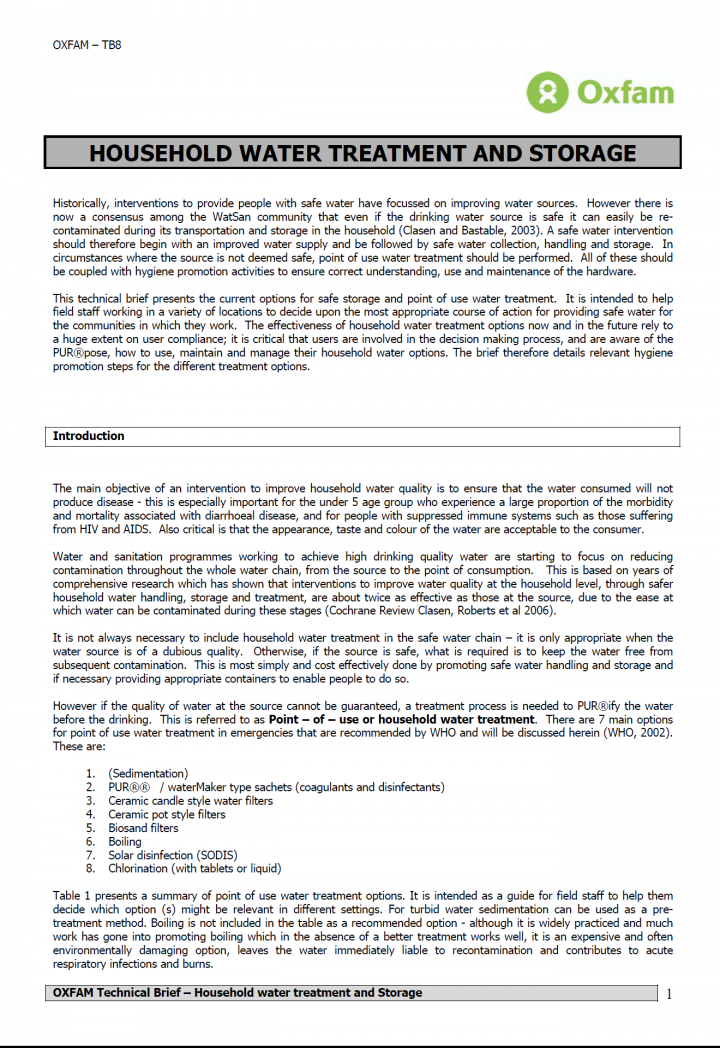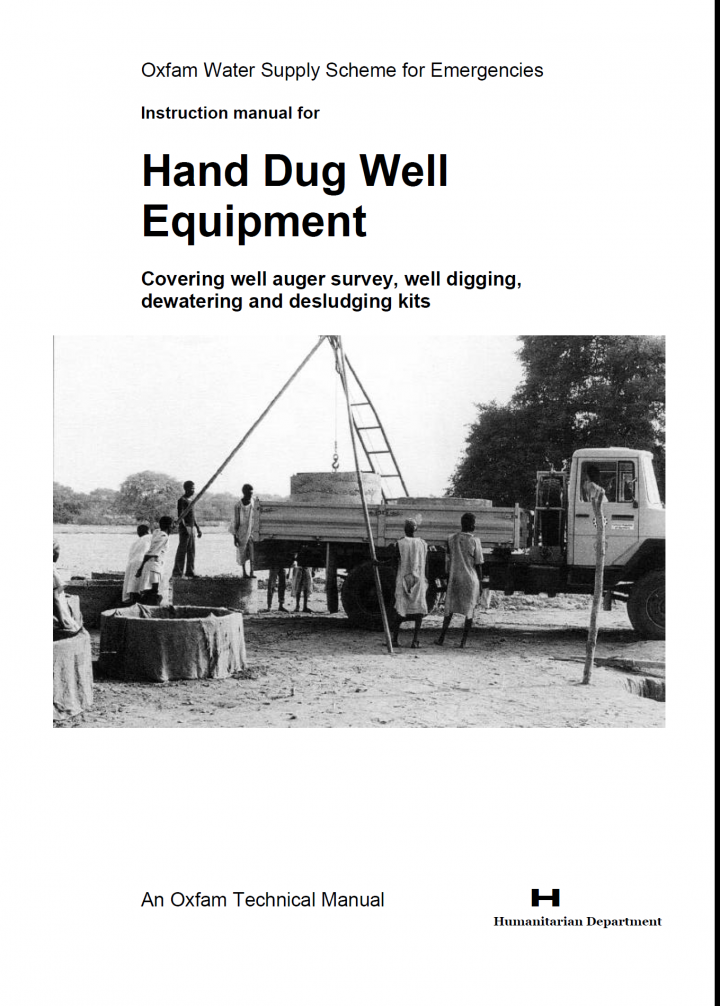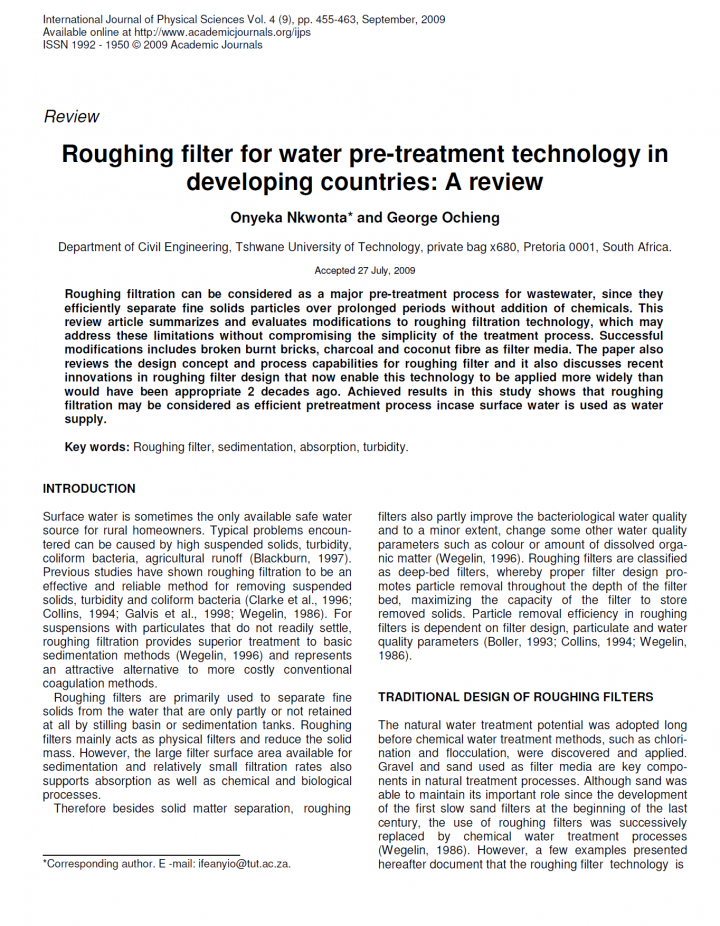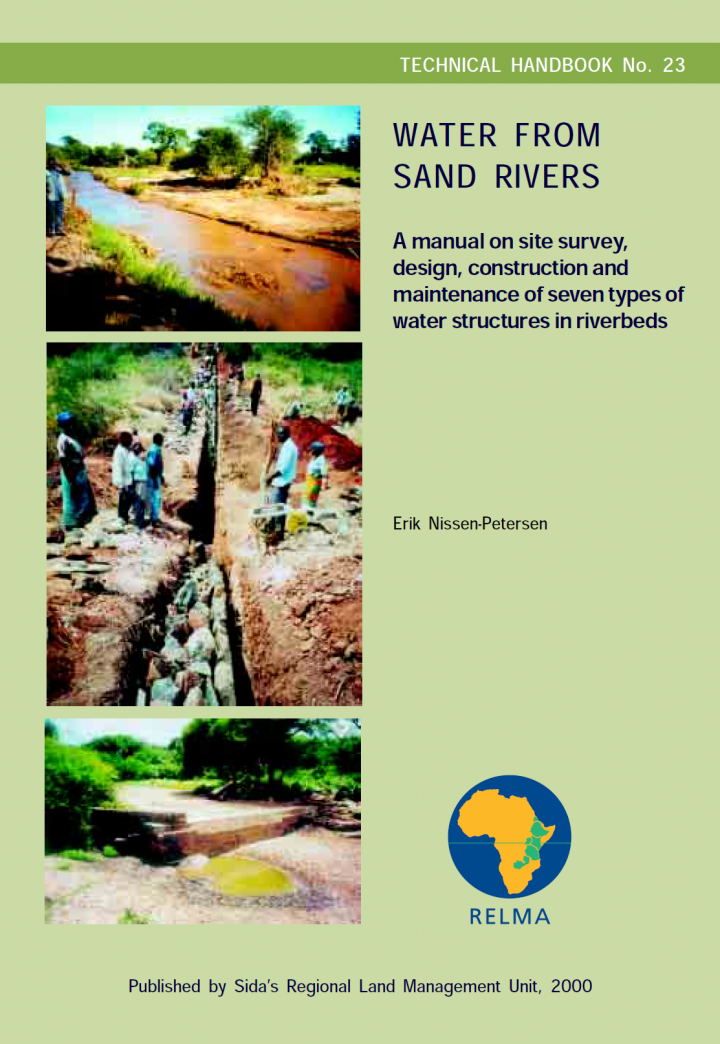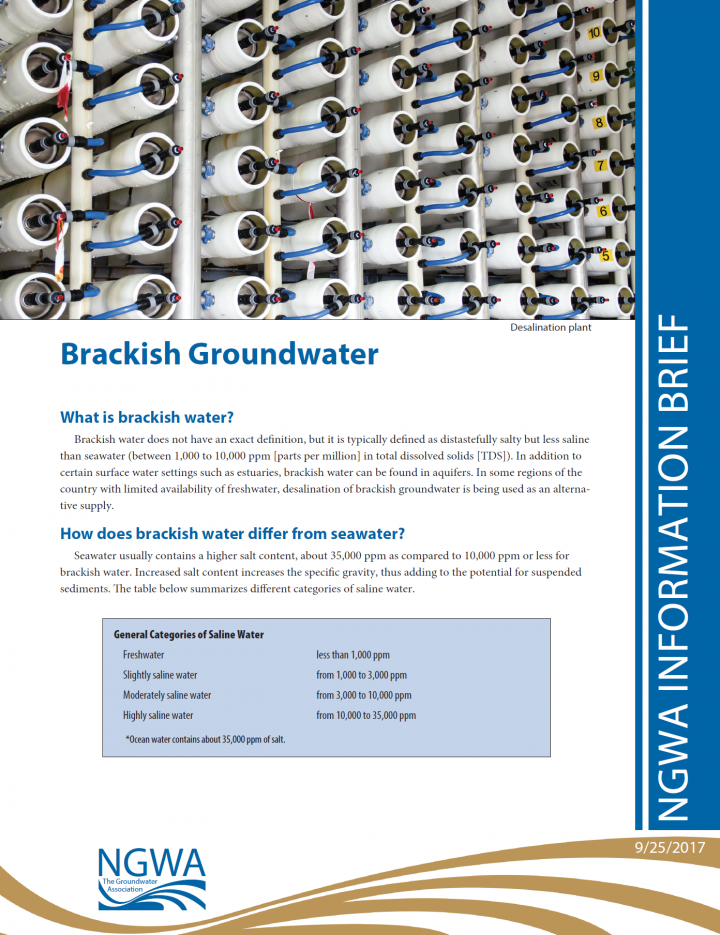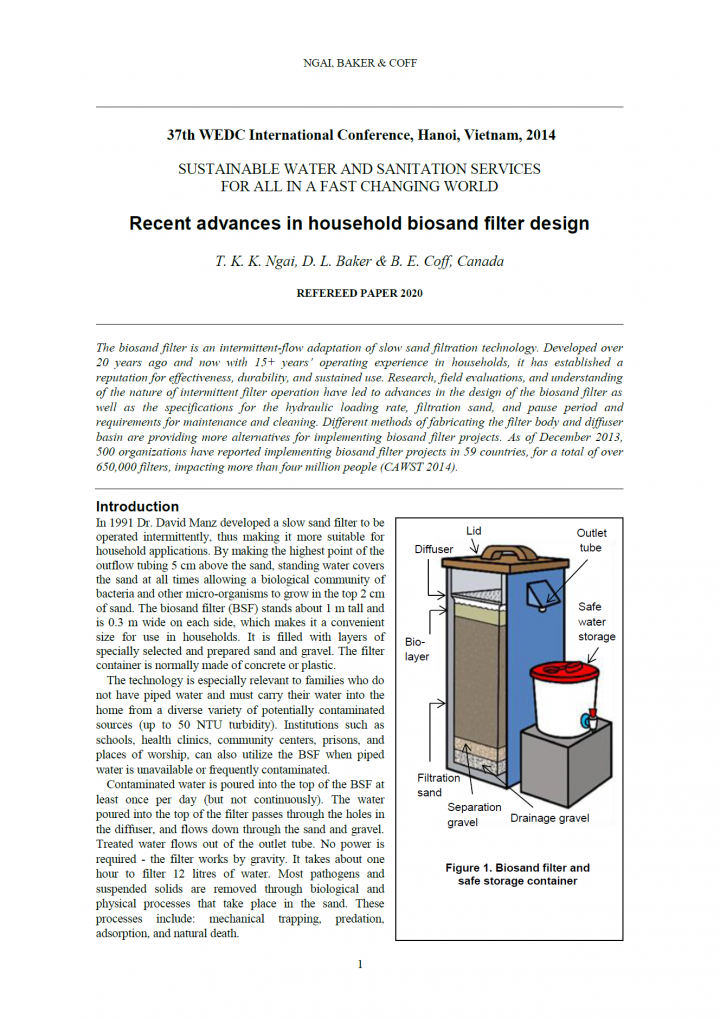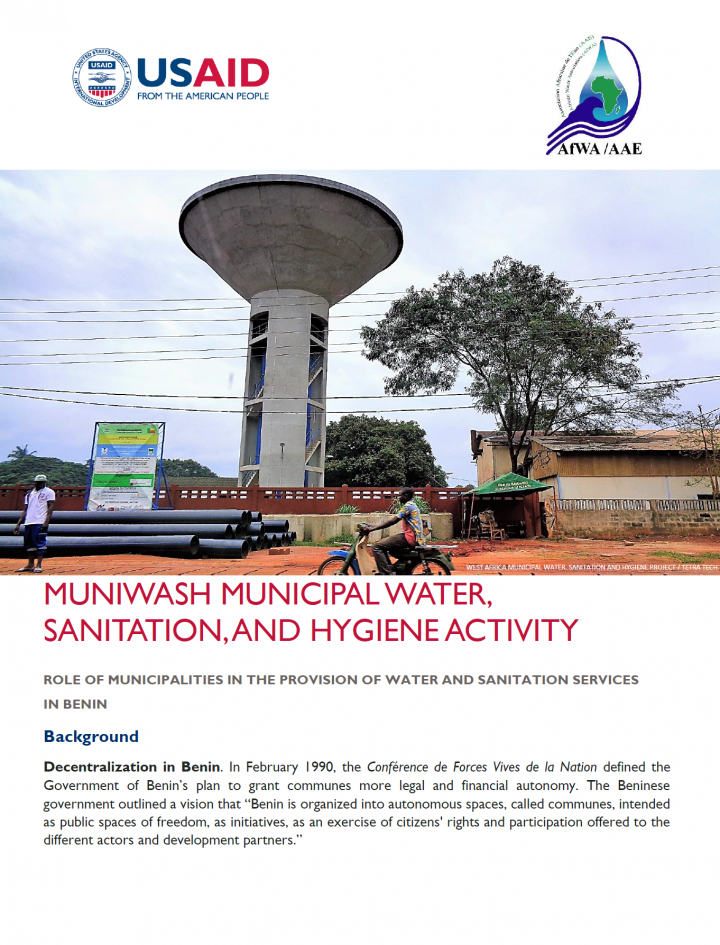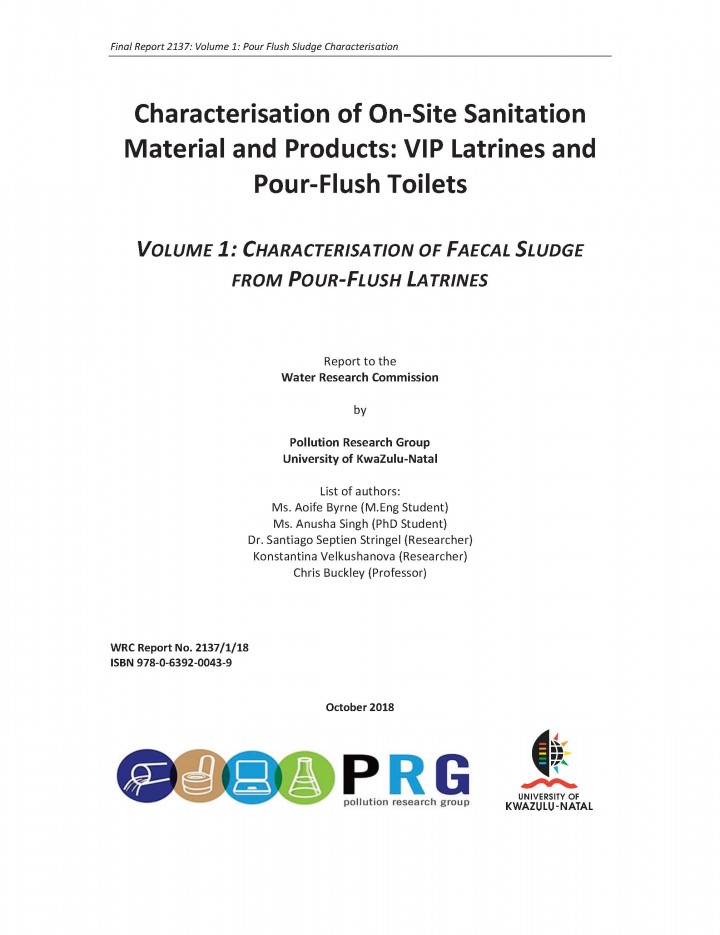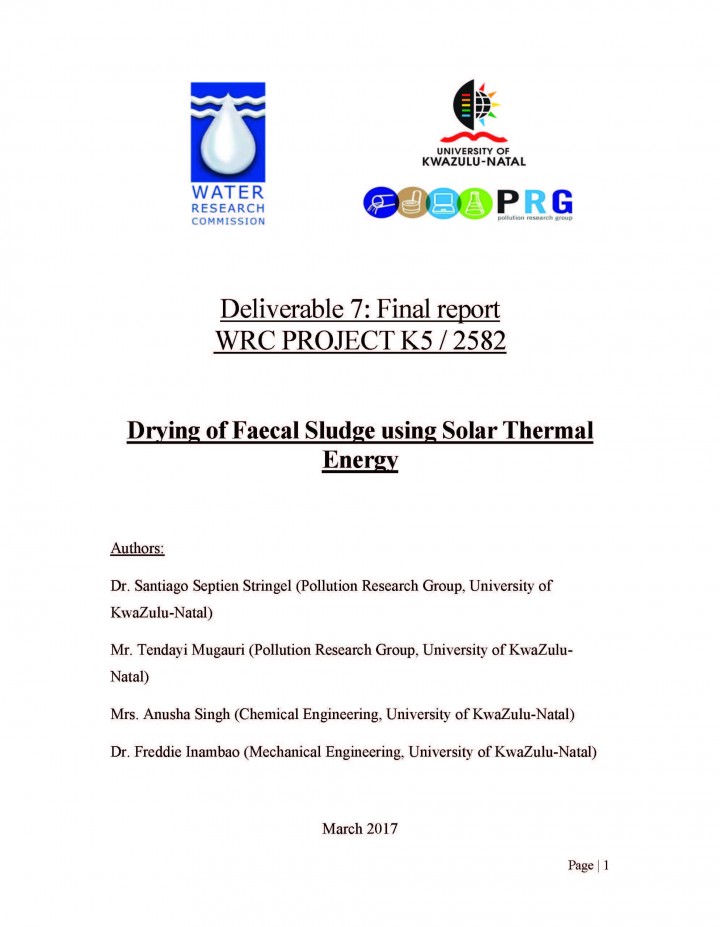USAID, AAE (2021) West Africa Municipal Water, Sanitation and Hygiene Activity (in English and French) Role of municipalities in the provision of water and sanitation services in Côte d'ivoire
DECENTRALIZATION The beginnings of decentralization in Côte d'Ivoire date back to the colonial period, when the country was a French colony with the existence of mixed communes and municipal councils (partly elected and partly appointed). Medium-sized communes were run by councils headed by “Mayor Administrators” appointed by the Central Colonial Government. Large communes were administered entirely by elected municipal councils. Today, with the revitalization and […]
USAID, AAE (2021) MuniWASH - Lessons learned from the participatory and inclusive approach to preselecting target municipalities in Benin and Côte d’ivoire (in English and French)
The USAID/West Africa Municipal Water, Sanitation and Hygiene Activity (MuniWASH) is a five-year project currently operating in Benin and Cote d’Ivoire, which is funded by the United States Agency for International Development (USAID) and implemented by Tetra Tech. MuniWASH supports municipalities to provide sustainable water and sanitation services to vulnerable and underserved populations in urban areas. Early on MuniWASH used a participatory and inclusive approach […]
RAIN Foundation (2008) RAIN Water Quality Guidelines Guidelines and practical tools on rainwater quality
This document will address RAINs guidelines towards water quality and will give practical guidelines to improve and maintain an acceptable water quality of harvested rainwater for drinking purpose. It will describe criteria for water quality of harvested rainwater, placed within the socio-economic and geographical context of RAINs target countries. The most practical approach of improving and maintaining the quality of harvested rainwater in rural water […]
The Ceramics Manufacturing Working Group (2011) Best Practice Recommendations for Local Manufacturing of Ceramic Pot Filters for Household Water Treatment First Edition
Ceramic filters have traditionally been used to treat household water in many countries, and are commonly available for purchase in both developed and developing countries. Currently, the most widely promoted household ceramic filters in the developing world are based on a design developed in Guatemala in 1981 by Dr. Fernando Mazariegos who, working with the Instituto Centro Americano de Tecnología Industrial (ICAITI), conceived of the […]
Smout, I., Shaw, R. (1991) Small Earth Dams
This Technical Brief is concerned with the typical small dam (up to about three metres high) which is built across a stream to form a reservoir. It provides guidance on planning, design and construction, but professional help should always be sought before building any dam whose failure could endanger lives, property or the environment. Care must also be taken to avoid the health hazards of […]
Adank, M., van Koppen, B. & Smits, S. (2012) Guidelines for Planning and Providing Multiple-Use Water Services
The multiple-use water services (MUS) approach is defined as an approach to water services that considers the multiple needs of (poor) water users, who take water from a number of sources, and communities’ own priorities as the starting point for investments in new infrastructure, management arrangements, the rehabilitation of existing infrastructure, or for improvements in management and governance (Van Koppen, 2006). MUS started with the […]
RAIN Foundation (2007) A practical guide to sand dam implementation Water supply through local structures as adaptation to climate change
A guideline based on the Swiss Re 2007 award winning pilot project “Water harvesting to improve livelihoods in southern Ethiopia: from pilots to mainstream” and large-scale implementation of sand dams in Kenya. In the Kituï District of Kenya the SASOL (Sahelian Solutions) Foundation began constructing sand storage dams in 1995. Since this period, over 500 sand storage dams have been constructed. These vary in size […]
Pickering, A., Crider, Y., Sultana, S., Swarthout, J., Frederick, G., Islam, S., Sen, S., Ayyagari, R., Luby, S. (2019) Effect of in-line drinking water chlorination at the point of collection on child diarrhoea in urban Bangladesh: a double-blind, cluster-randomised controlled trial
Previous blinded trials of household water treatment interventions in low-income settings have failed to detect a reduction in child diarrhoea. Technological advances have enabled the development of automated in-line chlorine dosers that can disinfect drinking water without electricity, while also allowing users to continue their typical water collection practices. We […]
Peter-Varbanetsa, M., Zurbruegga, C., Swartzb, C., Pronka, W. (2008) Decentralized systems for potable water and the potential of membrane technology
Decentralized drinking-water systems are an important element in the process of reaching the Millennium Development Goals, as centralized systems are often deficient or non-existent in developing and transition countries (DC and TC). Most water-quality problems are due to hygiene factors and pathogens. A range of decentralized systems is available to counter these problems, including thermal and/or UV methods, physical removal and chemical treatment. This review focuses […]
Arturo, P., Ramón, R (2011) Evaluation of Water Pumping Systems: Energy Efficiency Assessment Manual
As part of its Technical Cooperation "Energy Efficiency for Caribbean Water and Sanitation Companies," the Sustainable Energy and Climate Change Initiative (SECCI) of the IDB financed the development of a regional methodology to improve energy efficiency and maintenance of water companies in Latin American and Caribbean countries. This methodology, developed by the consulting firms Econoler International and Alliance to Save Energy, focuses mainly on electromechanical […]
Pankratz, T. (2015) An Overview of Seawater Intake Facilities for Seawater Desalination
Seawater desalination facilities require an intake system capable of providing a reliable quantity of clean seawater with a minimum ecological impact. To meet these objectives, it is essential that a thorough assessment of site conditions be conducted. Physical characteristics, meteorological and oceanographic data, marine biology, and the potential effects of fouling, pollution, and navigation must be evaluated, and an appropriate intake design employed. As the […]
Oxfam (2007) Household Water Treatment and Storage
Historically, interventions to provide people with safe water have focussed on improving water sources. However there is now a consensus among the WatSan community that even if the drinking water source is safe it can easily be re-contaminated during its transportation and storage in the household (Clasen and Bastable, 2003). A safe water intervention should therefore begin with an improved water supply and be followed […]
Oxfam (2000) Hand Dug Well Equipment
This equipment is part of several packages devised by the Oxfam Public Health Engineering Team to help provide a reliable water supply for populations affected by conflict or natural disaster. The equipment is designed to be used with any or all of the following Oxfam water equipment: Water Storage equipment, Water Coagulation and Disinfection equipment, Water Filtration equipment, Water Distribution equipment, Water Pumping equipment, and […]
Nkwonta, O., Ochieng, G. (2009) Roughing filter for water pre-treatment technology in developing countries: A review
Roughing filtration can be considered as a major pre-treatment process for wastewater, since they efficiently separate fine solids particles over prolonged periods without addition of chemicals. This review article summarizes and evaluates modifications to roughing filtration technology, which may address these limitations without compromising the simplicity of the treatment process. Successful modifications includes broken burnt bricks, charcoal and coconut fibre as filter media. The paper […]
Nissen-Petersen, E. (2000) Water from Sand Rivers A manual on site survey, design, construction and maintenance of seven types of water structures in riverbeds
This manual is intended for technicians, builders, trainers, students and development agencies dealing with site survey, design, construction and maintenance of: -Hand-dug wells in deep sand, -River-intakes with shaft in riverbank, -Intake chambers with elevated water tank, -Subsurface dams built of soil, -Subsurface dams built of rubble stone masonry and -Sand dams built of rubble stone masonry. The manual is the first of a series of manuals covering: -Water from sand rivers, -Water from rock […]
NGWA (2013) Brackish Groundwater NGWA Information Brief
Brackish water does not have an exact definition, but it is typically defined as distastefully salty but less saline than seawater (between 1,000 to 10,000 ppm [parts per million] in total dissolved solids [TDS]). In addition to certain surface water settings such as estuaries, brackish water can be found in aquifers. In some regions of the country with limited availability of freshwater, desalination of brackish […]
Ngai, T. K., Baker, D., Coff, B. (2020) Recent advances in household biosand filter design
The biosand filter is an intermittent-flow adaptation of slow sand filtration technology. Developed over 20 years ago and now with 15+ years’ operating experience in households, it has established a reputation for effectiveness, durability, and sustained use. Research, field evaluations, and understanding of the nature of intermittent filter operation have led to advances in the design of the biosand filter as well as the specifications […]
USAID, AAE (2021) MuniWASH - Role of Municipalities in the Provision of Water and Sanitation Services in Benin (in English and French)
Decentralization in Benin. In February 1990, the Conférence de Forces Vives de la Nation defined the Government of Benin’s plan to grant communes more legal and financial autonomy. The Beninese government outlined a vision that “Benin is organized into autonomous spaces, called communes, intended as public spaces of freedom, as initiatives, as an exercise of citizens' rights and participation offered to the different actors and […]
Byrne, A., Mirara, S. W., Singh, A., Septien, S., Velkushanova, K., Buckley, C. A. (2018) Final report WRC project K5/2137: Characterisation of On-Site Sanitation Material and Products: VIP Latrines and Pour-Flush Toilets (Volume 1 and 2 available)
This report from a research project funded by the Water Research Commission is divided into 2 volumes. Volume 1: In South Africa, the Pour-Flush system is viewed as an upgrade from the Ventilated Improved Pit latrine (VIP), which is the standard for basic sanitation in the country. PID successfully ran a pilot scheme involving the installation of approximately 25 Pour-Flush latrines in the greater Edendale area (Slangspruit, […]
Septien, S., Mugauri, T., Singh, A., Inambao, F. (2019) Final report WRC Project K5/2582: Drying of Faecal Sludge using Solar Thermal Energy
Solar thermal energy, an abundant and free source of energy in the world, particularly in a major part of developing countries, could supplement heat for drying purposes, leading to the decrease of the operating costs. In the sanitation sector, the use of solar energy for faecal sludge drying has been minimal, with only a few cases. Possible reasons for the low use of solar drying […]
